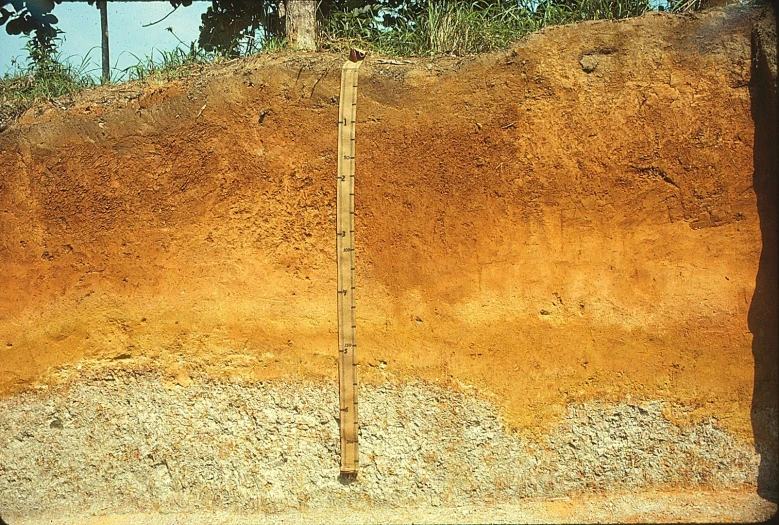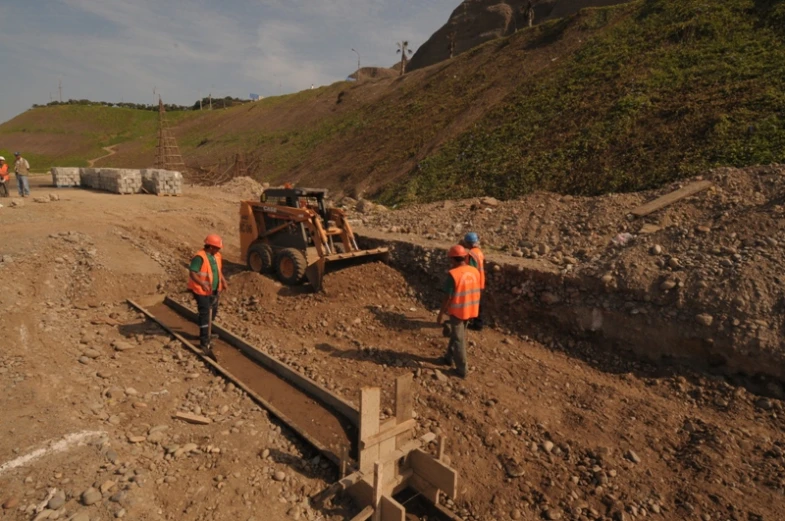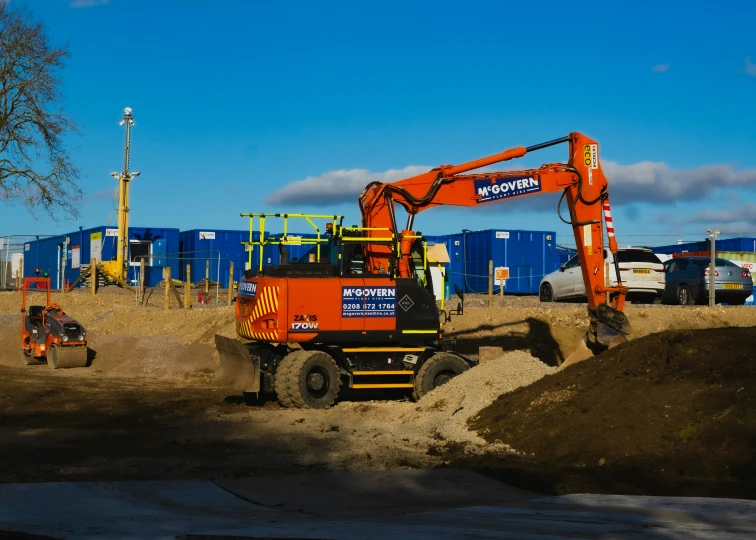Introduction
In the construction and excavation industry, excavation costs account for a significant portion of project budgets. Therefore, selecting the right equipment to lower these costs is crucial. Equipment choice not only impacts overall project efficiency but also directly affects construction quality and budget management.

1. Assessing Project Needs
The first step in choosing equipment is to evaluate the specific needs of the project, including:
- Determining Excavation Scale and Depth: Understand the volume and depth of soil to be excavated to select appropriate equipment.
- Understanding Soil Type and Terrain: Different soil types (such as sand, clay, or rock) have varying equipment requirements, so understanding these is essential for making informed choices.
2. Choosing Equipment Types
Selecting the appropriate type of equipment based on project needs is vital. Common types of equipment include:
- Excavators: Suitable for deep excavation and complex terrains.
- Bulldozers: Used for leveling land and moving large amounts of soil.
- Loaders: Ideal for loading and transporting materials.
- It’s important to understand the advantages and limitations of each type in different scenarios to make the best choice.

3. New Equipment vs. Used Equipment
Deciding whether to purchase new or used equipment is a key factor in equipment selection. Here’s an in-depth analysis of both options to help you make informed decisions.
3.1 Advantages and Disadvantages of New Equipment
Advantages:
- Superior Performance: New equipment typically features the latest technology and improvements, offering higher efficiency and productivity.
- Reliability: New equipment has a lower failure rate during initial use, reducing maintenance and downtime risks.
- Warranty and Support: Most new equipment comes with a manufacturer’s warranty, providing a period of free maintenance and technical support, thereby lowering future maintenance costs.
Disadvantages:
- High Cost: The initial investment for new equipment is generally high, which may strain project budgets.
- Rapid Depreciation: New equipment tends to depreciate quickly in the first few years, potentially affecting the return on investment.
3.2 Cost-Benefit Analysis of Used Equipment
Advantages:
- Lower Cost: Used equipment is typically more affordable, making it suitable for budget-constrained projects.
- Quick Availability: Acquiring used equipment often takes less time than purchasing new equipment, allowing for rapid project initiation.
Disadvantages:
- Potential Maintenance Issues: The history and maintenance records of used equipment may be incomplete, posing risks of unknown failures.
- Outdated Technology: Used equipment may lack the latest technology, resulting in lower efficiency and performance compared to new models.
3.3 Consulting with Rexcavators for Used Equipment Purchases
When considering buying used equipment, consulting with a professional supplier like Rexcavators is a wise choice. Rexcavators offers the following services:
- Assessment of Quality and Performance: Rexcavators’ expert team can conduct thorough inspections to assess the condition, maintenance records, and usage history of equipment, ensuring it meets project needs. Their professional evaluations help clients avoid purchasing problematic equipment.
- Understanding Market Value: Rexcavators can assist clients in understanding the market value of used equipment, ensuring purchases are made at reasonable prices to avoid unnecessary expenses.
- After-Sales Service and Support: Choosing Rexcavators also provides access to comprehensive after-sales services, including equipment maintenance and parts replacement, ensuring equipment stability and reliability during use.
By partnering with Rexcavators, clients can obtain high-quality used equipment while receiving expert advice and support, thereby improving investment returns and reducing overall project costs.
4. Renting vs. Buying Equipment
When deciding between renting and buying, consider the following factors:
- Flexibility of Renting: For short-term projects, renting equipment can reduce initial outlays and adapt to changing demands.
- Long-Term Investment of Buying: If a project has a longer duration, purchasing equipment may be more cost-effective.
- Make the best choice based on project timelines and budgets.
5. Equipment Performance and Efficiency
Selecting high-performance equipment can significantly lower operational costs. Key points include:
- Fuel Efficiency: Efficient equipment can save substantial costs on fuel consumption.
- Productivity: Choose equipment that can complete more work in a shorter time to enhance overall construction efficiency.
- Cost-Effectiveness Analysis: Conduct a comprehensive cost-benefit analysis during equipment selection to maximize investment returns.

6. Supplier and Service Support
Choosing a reliable equipment supplier is crucial. Consider the following factors:
- Supplier Reputation: Select suppliers with a good reputation in the industry.
- After-Sales Service: Ensure that the supplier can provide timely technical support and spare parts supply to avoid project delays due to equipment failures.
7. Case Study Analysis
Provide insights through real case studies that showcase successful equipment selection:
- Case Sharing: Describe how a specific project successfully reduced costs by selecting the right equipment.
- Impact Assessment: Analyze the effects of equipment selection on project budget and timelines, providing valuable lessons.
Conclusion
Choosing the right equipment is a key factor in reducing excavation costs. By assessing project needs, selecting appropriate equipment types, consulting professional services, and making informed rental or purchase decisions, significant economic benefits can be achieved. It is advisable for construction teams to consider equipment selection early in the project planning phase to lay a solid foundation for successful execution.


